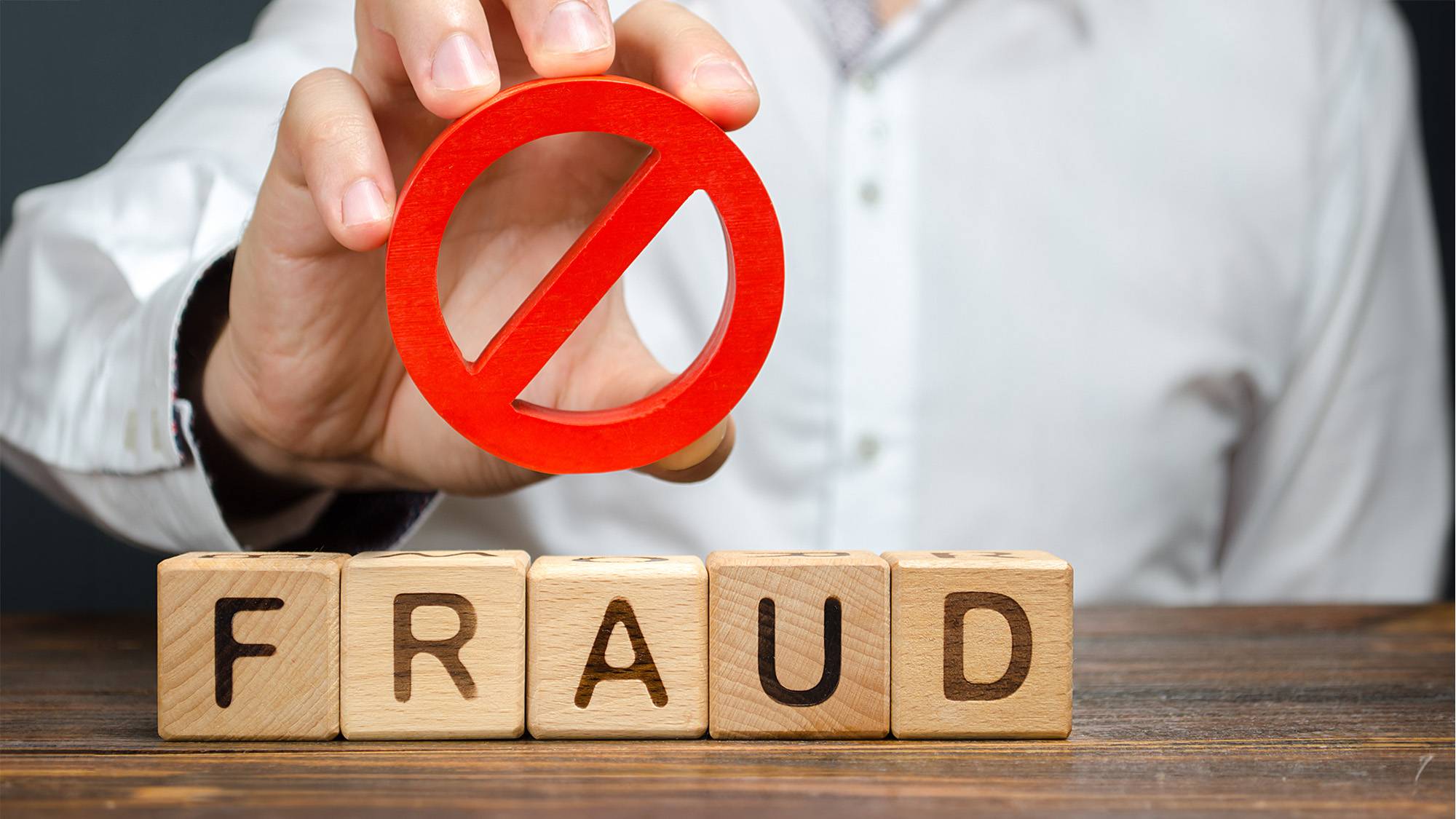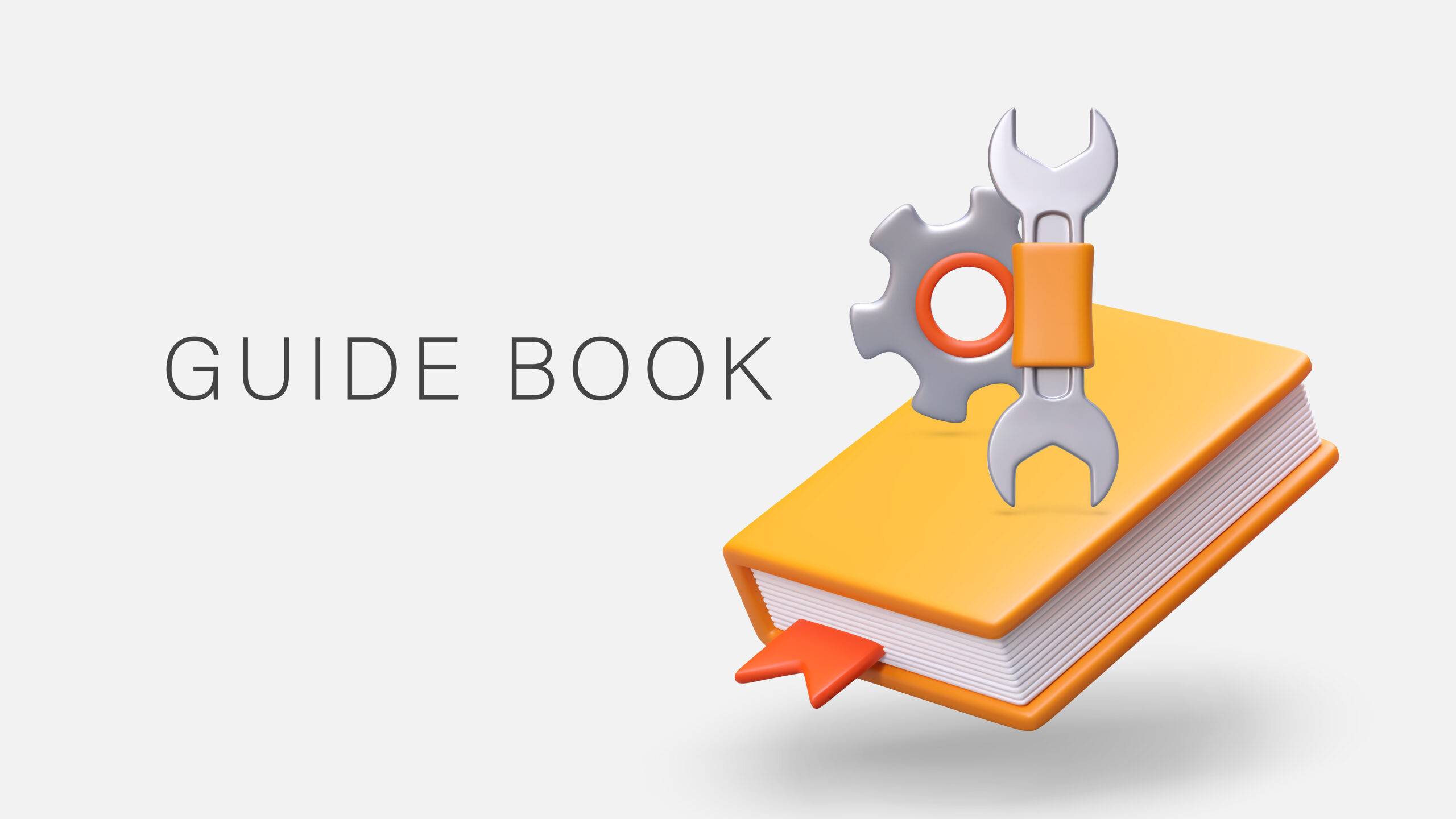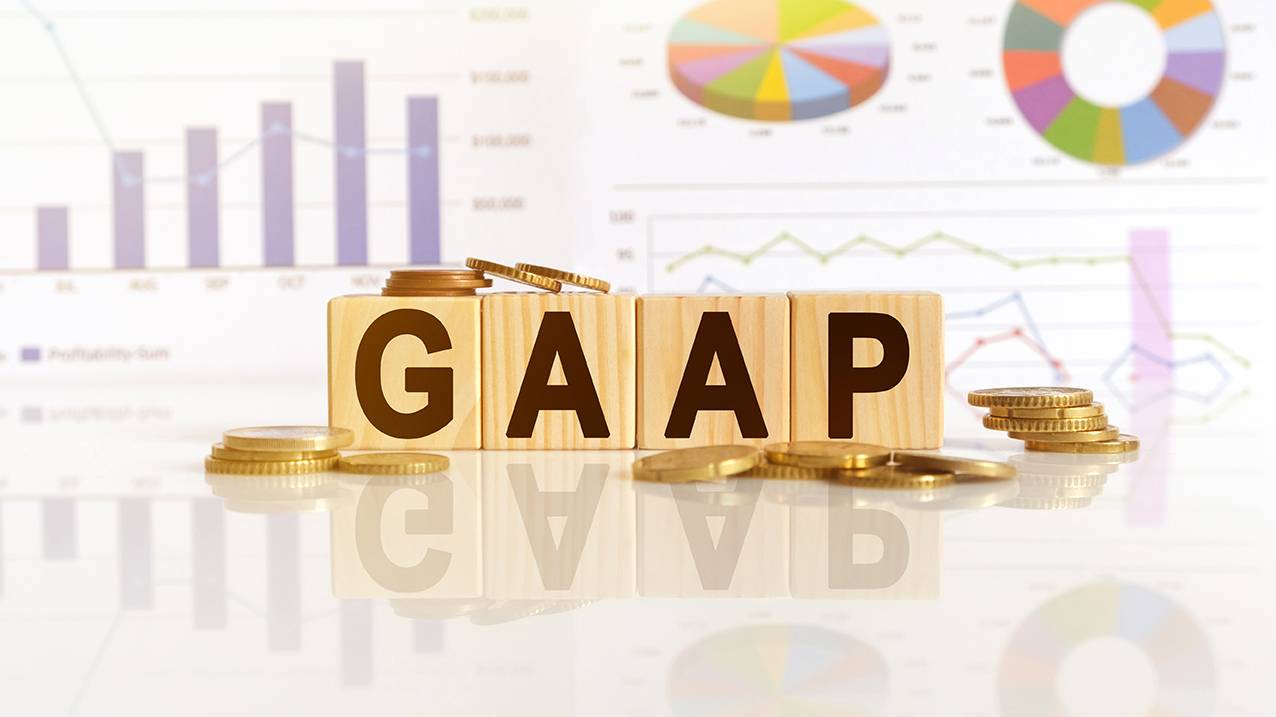
$145.00 – $175.00
Webcasts are available for viewing Monday – Saturday, 8am – 8pm ET.
Without FlexCast, you must start with enough time to finish. (1 Hr/Credit)
CPE Credits
4 Credits: Accounting
1 Credits: Auditing
Course Level
Overview
Format
Self-Study
Course Description
Numerous FASB Standards have been issued requiring certain items to be measured and reported at “fair value” on the balance sheet. Prior to the release of ASC 820 Fair Value Measurements and Disclosures (formerly known as SFAS 157), the concept of fair value had never been formally defined in U.S. accounting literature. Since its issuance in September 2006, ASC 820 has become one the most controversial accounting standards ever released.
This course provides a conceptual review of fair value accounting as outlined in ASC 820 and other U.S. accounting standards. The materials also provide an overview of authoritative guidance contained in SAS No. 101, Auditing Fair Value Measurements and Disclosures.
Learning Objectives
- Define the ‘historical cost’ method of accounting and calculate the current ‘amortized cost’ of assets and liabilities accounted for under this method.
- Define the ‘fair value’ method of accounting for assets and liabilities and recognize accounting practices consistent with this method.
- Recognize the differences between the ‘historical cost’ and ‘fair value’ methods of accounting.
- Define ‘fair value’ as outlined in ASC 820Fair Value Measurements and Disclosures.
- Recognize accounting practices that are consistent with the fair value framework established in ASC 820.
- Recognize valuation techniquesthat are consistent with the guidance of ASC 820.
- Recognize the proper classification of valuation inputs into the levels of the fair value hierarchy.
- Recognize accounting practices consistent with the fair value disclosure requirements outlined in ASC 820.
- Recognize auditing practices consistent with the standards of fieldwork related to auditing fair value measurements and disclosuresincluded in SAS No. 101.
- Identify the roles that management and the auditor have in the fair value measurement process.
- Recognize the proper application of the fair value option under ASC 825-10.
- Identify assets & liabilities that are eligible for the fair value option.
- Recognize the principal arguments against fair value accounting
- Explain the limitations of applying the ASC 820definition of fair value when markets are illiquid or inactive
Course Specifics
122292022
August 4, 2022
There are no prerequisites.
None
132
Compliance Information
CFP Notice: Not all courses that qualify for CFP® credit are registered by Western CPE. If a course does not have a CFP registration number in the compliance section, the continuing education will need to be individually reported with the CFP Board. For more information on the reporting process, required documentation, processing fee, etc., contact the CFP Board. CFP Professionals must take each course in it’s entirety, the CFP Board DOES NOT accept partial credits for courses.
Meet The Experts

Michael J. Walker, CPA, is based in New England and has decades of accounting experience in the financial services, information technology services, and construction industries. He has an extensive technical accounting background that includes hands-on experience with U.S. GAAP and International Financial Reporting Standards (IFRS). His expertise includes accounting for financial instruments, securitizations, and other banking products. He graduated from Bentley University with a BS in finance and an MS in accountancy.
Related Courses
-
 Auditing
Auditing
Internal Controls and Fraud Detection
Delta CPE LLC QAS Self-Study
Credits: 8 $232.00
QAS Self-Study
Credits: 8 $232.00$232.00 – $262.00
-
 Accounting
Accounting
Accountants’ Guidebook
Steven M. Bragg, CPA QAS Self-Study
Credits: 30 $600.00
QAS Self-Study
Credits: 30 $600.00$600.00 – $640.00
-
 Accounting
Accounting
GAAP Guidebook
Steven M. Bragg, CPA QAS Self-Study
Credits: 29 $580.00
QAS Self-Study
Credits: 29 $580.00$580.00 – $620.00
